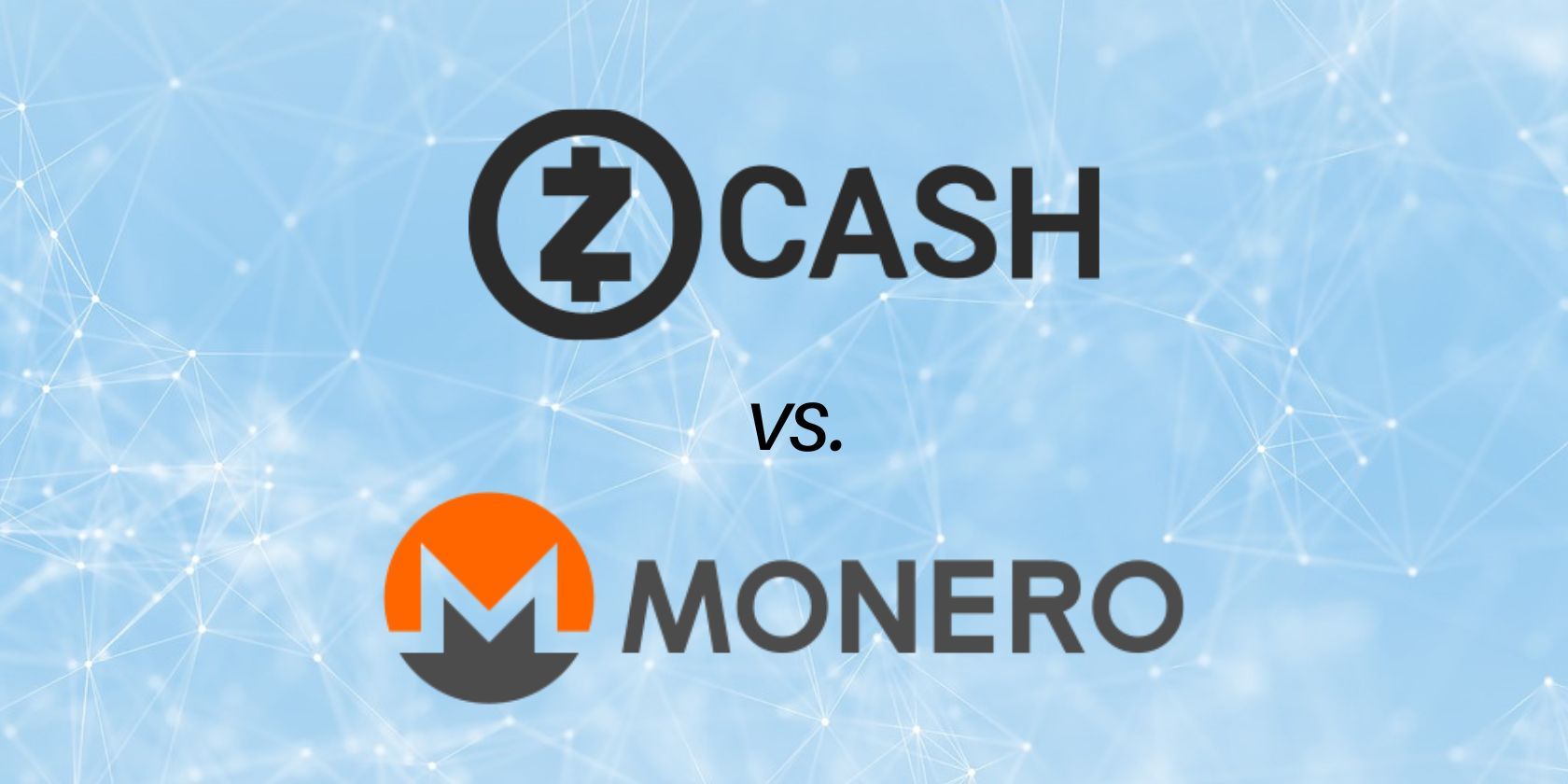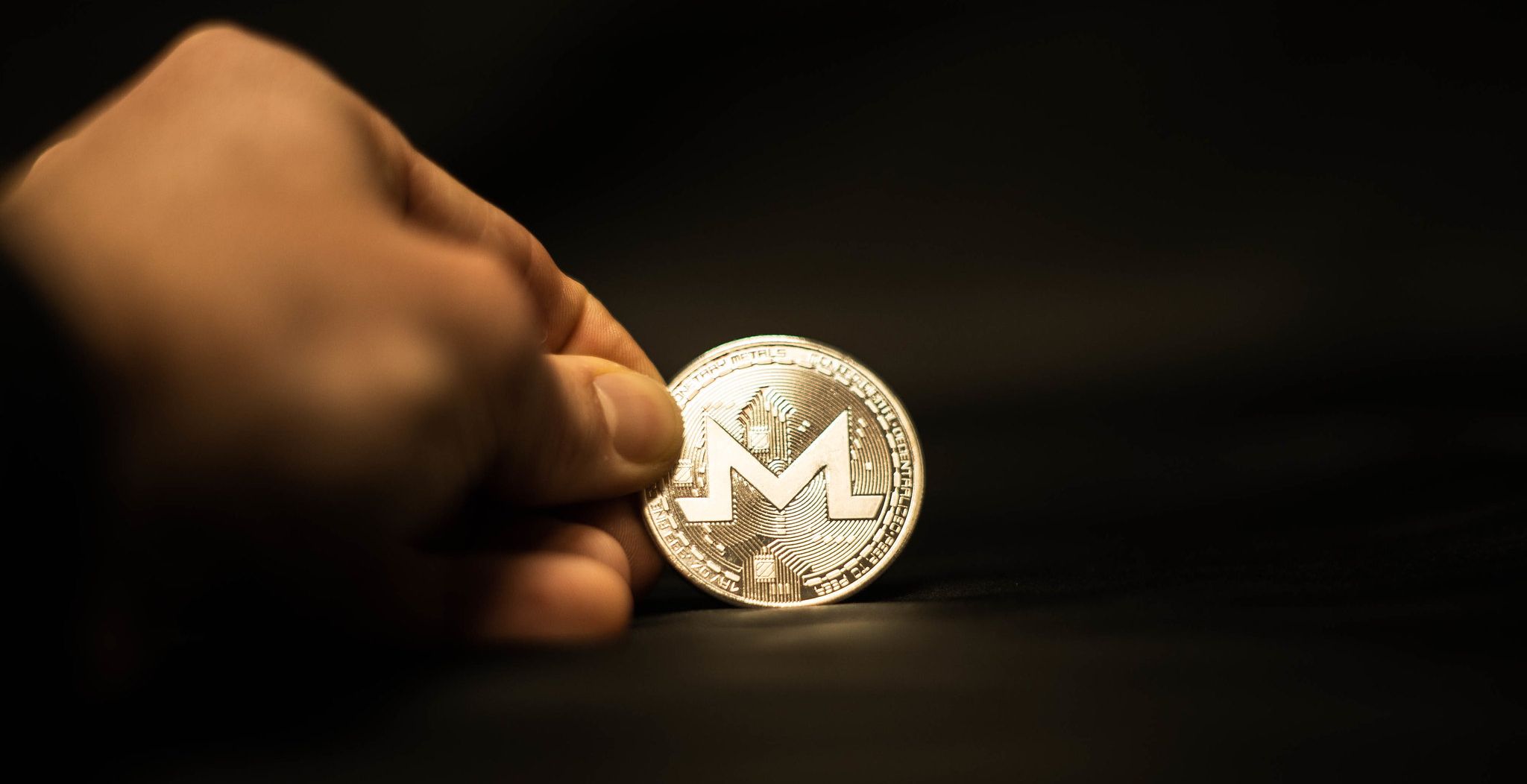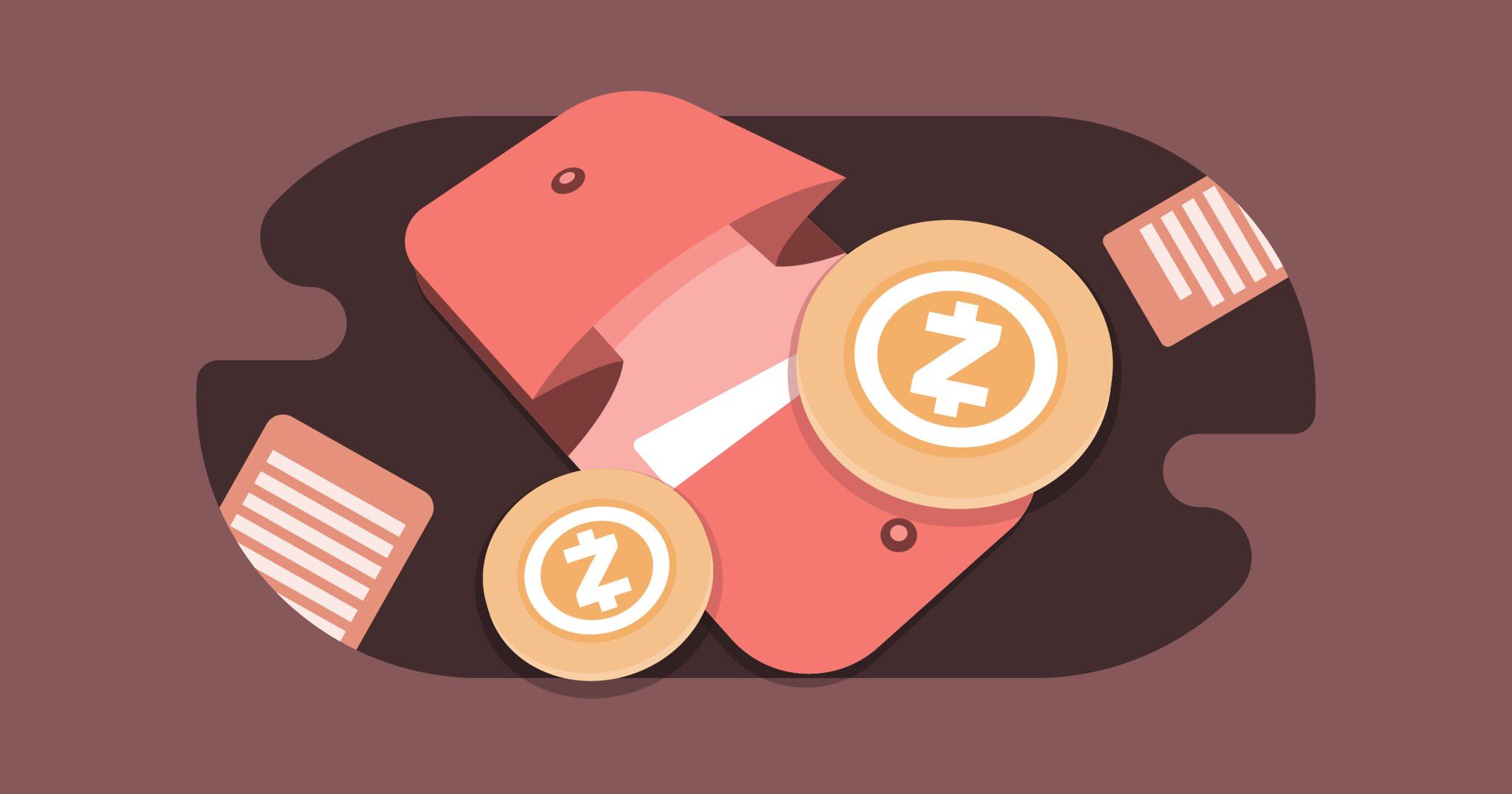People like cryptocurrency for a range of reasons, one of which is that it can provide users with more privacy and security via blockchain technology. But some cryptos take things a step further, taking their focus on privacy to the next level. This is where privacy coins come into play. Two of the most popular privacy coins are Monero and ZCash, but which is best?
What Is Monero?
Monero is an incredibly popular privacy coin launched in 2014. Its founders are anonymous, though we do know that an individual going by the pseudonym of Nicolas von Saberhagen authored the inspiration for Monero’s whitepaper in 2013. This came in the form of the CryptoNote whitepaper, which many saw as a good foundation for cryptocurrency.
The CryptoNote whitepaper was used to found Bytecoin, but this cryptocurrency failed amid a supply scandal. The next year, Monero was launched. It remained under a dollar in value for the next few years but then began creeping upward in value in 2016. Then, in the crypto boom of 2017, Monero’s price soared.
But Monero’s price doesn’t stand at the core of its appeal. Rather, the crypto’s enhanced privacy elements outshine all else.
Like all cryptocurrencies, Monero’s software is open-source, meaning anyone can view its code, but the blockchain itself is not accessible in this way. In fact, Monero’s blockchain keeps all transactions totally private, including sender and receiver addresses and the transferred amount. So, how can Monero achieve this?
How Does Monero Work?
There are several technologies that Monero employs to provide its users with privacy. Let’s start with Ring Confidential Transactions (RingCT) and ring signatures. RingCT is what Monero uses to keep transactional information private. This was first used in 2017 and was quickly adopted by the rest of the network. RingCT encrypts transaction amounts, which is now standard practice on the Monero blockchain.
As you may have guessed, RingCT and ring signatures are associated. In fact, it is RingCT that helped in improving Monero’s ring signatures via something called “Multi-layered Linkable Spontaneous Anonymous Group” signatures. It sounds a little complex, but don’t worry. These aren’t too difficult to understand.
Monero’s Multi-layered Linkable Spontaneous Anonymous Group signatures work by using a group of people to sign each transaction. Within this group of people, just one person provides the real signature, the sender, though it is not known who this is. This real signature is combined with other signature fragments from the rest of the group to form a ring. Using this technology, the true sender of the funds cannot be determined.
Lastly, Monero uses stealth addresses. These are essentially burner addresses provided to senders on a one-time basis which the recipient can publish. However, the sender’s transactional history will be linked to one unique address that remains private. This conceals the destination of the funds in a given transaction and provides users with further privacy.
The Darker Side of Monero
Because Monero can provide a high level of privacy, it has attracted more illicit individuals who wish to exploit this attribute.
Cryptocurrency is now often used on dark web marketplaces as a form of payment because it is less traceable than traditional cash. Bitcoin and Litecoin are two popular choices in dark web transactions, but these are not privacy coins. Both blockchain ledgers are public, meaning anyone can view the addresses and transaction amounts. While your name and contact details won’t be displayed on the ledger, your transaction can still be traced to you by more tech-savvy individuals.
Enter Monero. The ability to conceal identity and activity far more effectively makes it somewhat perfect for cyber criminals. This isn’t a reflection of Monero itself, but its use in illicit circles has become a point of controversy among crypto enthusiasts and nay-sayers.
What Is ZCash?
ZCash is another popular privacy coin that shares offers its users a level of anonymity. This crypto began as Zerocoin, a protocol first proposed by students Matthew Green, Ian Miers, and Christina Garman. Developers changed the name of Zerocoin to ZCash in 2016. It has also been suggested that famous whistleblower Edward Snowden played a role in the creation of ZCash, though he did so under a pseudonym.
ZCash is a Bitcoin hard fork, though the two cryptocurrencies have different intentions. Namely, ZCash is designed to be private.
ZCash provides anonymity through the use of shielded addresses. ZCash’s shield addresses encrypt transactional data to anonymize senders and receivers. ZCash’s use of the Zk-Snark zero-knowledge proof protocol allows shielded addresses to exist. Zk-Snarks, or zero-knowledge succinct non-interactive arguments of knowledge, make it possible for a public blockchain to support anonymous transactions.
But because ZCash is a Bitcoin fork, private transactions are optional, not mandatory. Each individual can choose whether they want to use a shielded address or a regular transparent address, which publicizes wallet addresses on the blockchain like many other cryptocurrencies. While this is a convenient option, it means that ZCash does not have an entirely private network, whereas Monero does.
On top of this, ZCash has been in some hot water in relation to its privacy. As per Blockonomi, controversy arose when rumors about a possible ZCash backdoor surfaced in 2018. In a now-deleted New Scientist interview (still viewable through the Web Archive), alleged ZCash scientist Matthew Green stated that developers could add “some features which let the police, for instance, to be able to track money laundering. A back door.”
Additionally, ZCash’s CEO, Zooko Wilcox, also posted on Twitter in 2017 stating that the blockchain could be made “too traceable for criminals like WannaCry, but still completely private & fungible.” This also triggered questions surrounding just how private ZCash was.
But unlike Monero, ZCash doesn’t have much presence on the dark web. Between the two, Monero is very clearly the favorite, likely because ZCash is only partly private or because it just hasn’t caught on among cybercriminals yet. Time will tell on this one.
Monero vs. ZCash: What’s More Private?
While both Monero and ZCash are privacy coins, ZCash’s anonymity feature is only optional, while Monero has made privacy a must, meaning all transactions remain anonymous. If you’re looking for total anonymity at all times, you’re better off with Monero, as the whole blockchain is opaque. But if you would like the option of choosing between transparency and privacy, ZCash is a great option, as it offers you the best of both worlds.
ZCash and Monero Are Great Privacy-Focused Cryptos
There’s no denying that you can already gain a decent level of privacy from cryptocurrency in general. But it’s worth always remembering that most cryptocurrencies are just pseudonymous, meaning a small trace of you is always left on the blockchain. If this isn’t something you want, both Monero and ZCash could be right for you.
Read More: news.google.com











 Bitcoin
Bitcoin  Ethereum
Ethereum  Tether
Tether  XRP
XRP  Solana
Solana  USDC
USDC  Dogecoin
Dogecoin  Cardano
Cardano  TRON
TRON  Lido Staked Ether
Lido Staked Ether  Wrapped Bitcoin
Wrapped Bitcoin  Sui
Sui  Chainlink
Chainlink  Avalanche
Avalanche  Stellar
Stellar  LEO Token
LEO Token  Toncoin
Toncoin  Shiba Inu
Shiba Inu  Hedera
Hedera  Wrapped stETH
Wrapped stETH  USDS
USDS  Bitcoin Cash
Bitcoin Cash  Litecoin
Litecoin  Polkadot
Polkadot  Hyperliquid
Hyperliquid  Binance Bridged USDT (BNB Smart Chain)
Binance Bridged USDT (BNB Smart Chain)  Bitget Token
Bitget Token  WETH
WETH  Ethena USDe
Ethena USDe  Pi Network
Pi Network  Monero
Monero  WhiteBIT Coin
WhiteBIT Coin  Wrapped eETH
Wrapped eETH  Coinbase Wrapped BTC
Coinbase Wrapped BTC  Pepe
Pepe  Uniswap
Uniswap  Aptos
Aptos  Dai
Dai  OKB
OKB  NEAR Protocol
NEAR Protocol  Official Trump
Official Trump  Ondo
Ondo  Bittensor
Bittensor  Internet Computer
Internet Computer  Gate
Gate  sUSDS
sUSDS  Ethereum Classic
Ethereum Classic  Aave
Aave